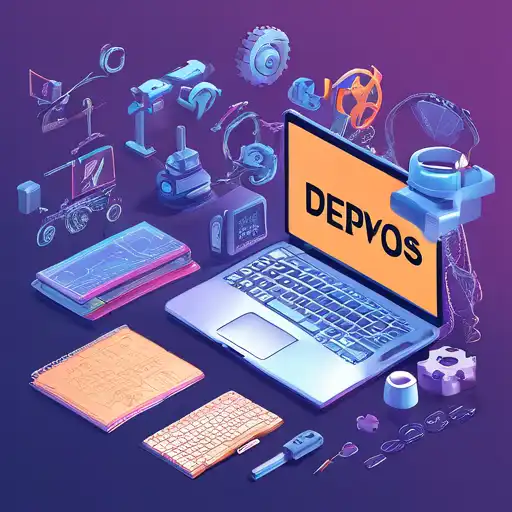Introduction to DevOps in 2023
As we step into 2023, the DevOps landscape continues to evolve, bringing forward tools that enhance collaboration, increase efficiency, and automate processes in software development and operations. This guide highlights the must-know DevOps tools that are shaping the industry this year.
Version Control Systems
Version control is the backbone of DevOps practices, enabling teams to manage changes to source code over time. Git remains the undisputed leader, with platforms like GitHub, GitLab, and Bitbucket offering robust solutions for code hosting and collaboration.
Continuous Integration and Continuous Deployment (CI/CD) Tools
CI/CD pipelines are critical for automating the software release process. Jenkins continues to be a popular open-source option, while CircleCI and Travis CI offer cloud-based alternatives. For those deeply integrated with Kubernetes, Argo CD provides a declarative, GitOps continuous delivery tool.
Infrastructure as Code (IaC)
IaC tools allow teams to manage infrastructure through code, improving consistency and reducing manual errors. Terraform by HashiCorp leads the pack with its ability to manage multi-cloud environments. Ansible, with its simplicity and agentless architecture, remains a favorite for configuration management.
Containerization and Orchestration
Containers have revolutionized how applications are deployed and managed. Docker is synonymous with containerization, while Kubernetes dominates orchestration, enabling scalable and resilient application deployments across clusters.
Monitoring and Logging
Effective monitoring and logging are essential for maintaining system health. Prometheus offers powerful metrics and alerting, while Grafana provides visualization capabilities. For logging, ELK Stack (Elasticsearch, Logstash, Kibana) is widely adopted for its ability to search, analyze, and visualize logs in real-time.
Collaboration and Communication Tools
DevOps is as much about culture as it is about tools. Platforms like Slack and Microsoft Teams facilitate seamless communication, while Jira and Trello help in tracking progress and managing tasks.
Conclusion
The DevOps tools landscape in 2023 is rich and varied, offering solutions for every stage of the software development lifecycle. By leveraging these tools, teams can achieve faster deployments, improved collaboration, and higher quality software. Whether you're just starting your DevOps journey or looking to optimize your current setup, these tools provide a solid foundation for success.
For more insights into DevOps practices, check out our guide on DevOps best practices.
